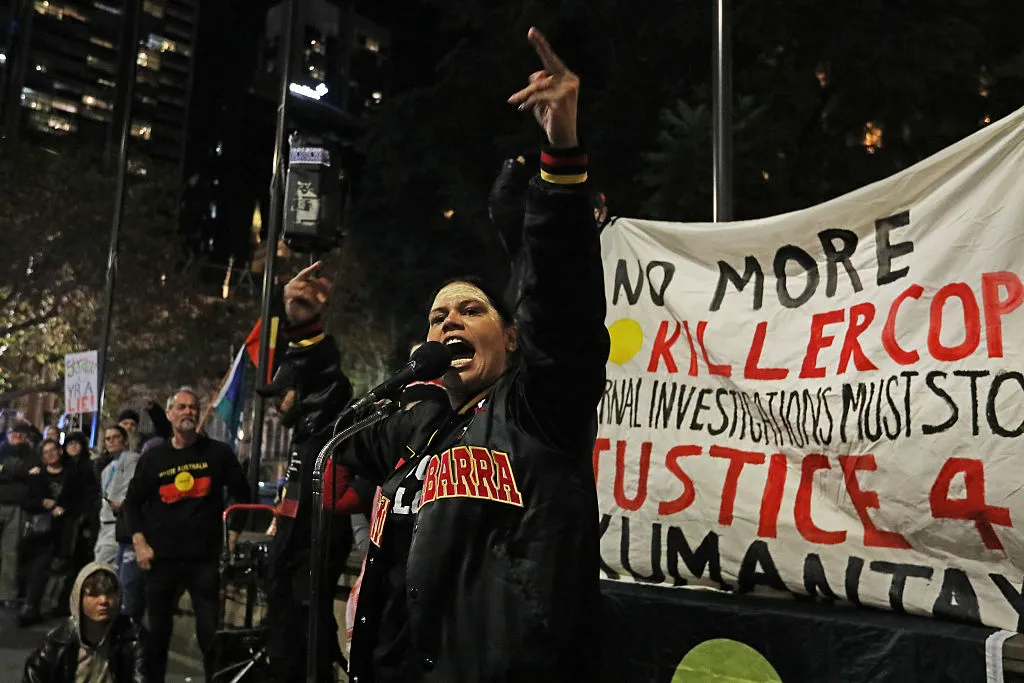
A landmark coronial inquiry has found that the Australian police officer who fatally shot an Indigenous teenager was racist and attracted to “high adrenaline policing.”
The 682-page findings were released Monday in Yuendumu, central Australia, revealing that racist behavior was “normalised” at Zachary Rolfe’s Alice Springs police station.
The conclusions came five years after the shooting of 19-year-old Kumanjayi Walker, which sparked nationwide protests. Rolfe was acquitted of murder charges in a 2022 trial in Darwin.
Walker was shot three times during an attempted arrest in Yuendumu. He was among 598 Aboriginal and Torres Strait Islander people who have died in custody since detailed records began in 1991.
“I found that Mr Rolfe was racist,” declared Northern Territory coroner Elisabeth Armitage after a nearly three-year inquiry. She determined that Rolfe, dismissed from the police force in 2023 for unrelated reasons, worked within an organization displaying “institutional racism.”
Armitage stated there was “significant risk” that Rolfe’s racism and attitudes affected his response “in a way that increased the likelihood of a fatal outcome.” She noted that Walker’s family and community would always believe racism played an “integral part” in his death, creating “a taint that may stain the [Northern Territory] police.”
The coroner referenced offensive language from awards ceremonies for the territory’s tactical police, calling them “grotesque examples of racism.” She noted that “over the decade the awards were given, no complaint was ever made about them.”
Evidence showed Rolfe’s text messages revealed his attraction to “high adrenaline policing” and “contempt” for senior officers and remote policing. These attitudes “had the potential to increase the likelihood of a fatal encounter with Kumanjayi,” the coroner found.
Walker’s family issued a statement before the findings’ release, saying the inquest exposed “deep systemic racism within the NT police.” They described Rolfe as “not a ‘bad egg’ in the NT Police force, but a symptom of a system that disregards and brutalises our people.”
The family emphasized that “when we can self-determine our futures and self-govern our communities, our people are stronger, our outcomes are better, our culture thrives,” referring to the Warlpiri people, also known as Yapa.
Armitage’s presentation was delayed last month following the death of 24-year-old Warlpiri man Kumanjayi White, also from Yuendumu, who died in police custody at an Alice Springs supermarket. White’s death triggered protests and demands for an independent investigation.


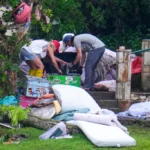

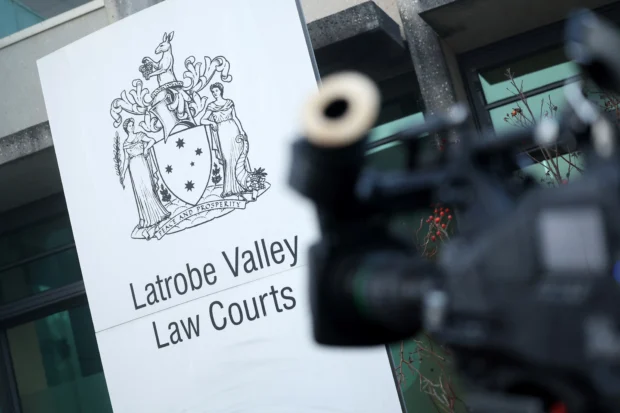
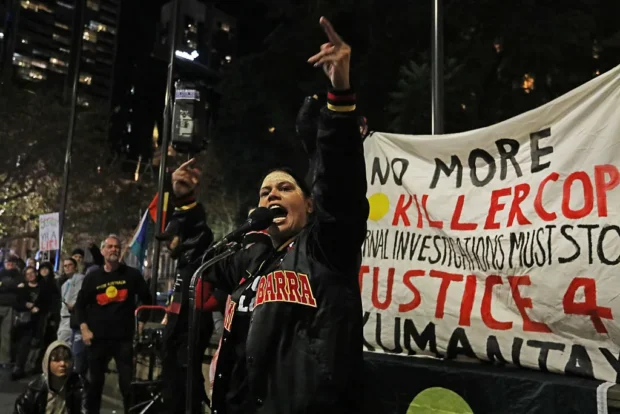
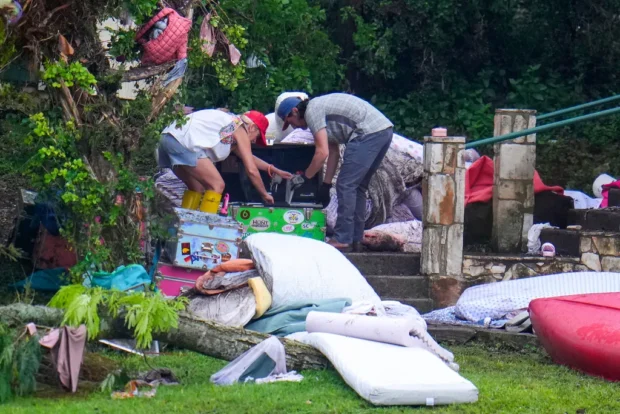




Be the first to leave a comment